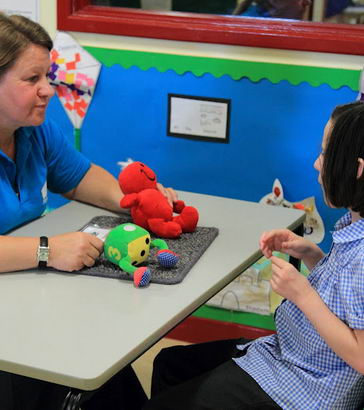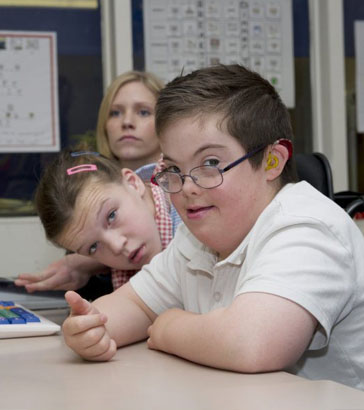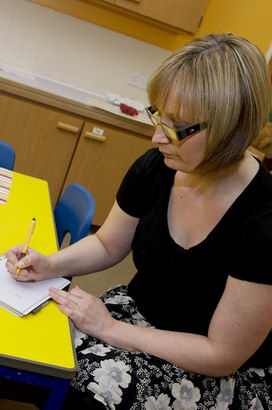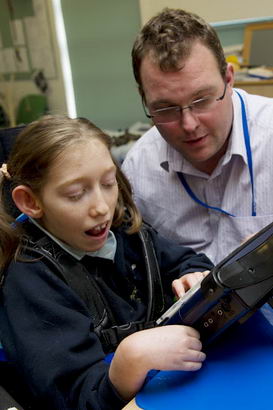
There are a range of observational methods that may be used to form judgements about the abilities and needs of pupils.
Observational methods are useful ways in which teachers can build judgements about individual pupils. There is a whole range of methods, but some are easier to use in a busy classroom than others. You should select a 'toolkit' of user-friendly methods and make good and regular use of them. They need to be easily understood by everyone in the school, by the parents and by anyone else who wants to learn about the pupils.

A running record is a continuous observation of a pupil's behaviour for a particular period of time. The observer writes down what the pupil says and does for a length of time or for a particular activity. During the recording, the observer should aim not to interpret what is seen but to provide an account of a naturally occurring behaviour.
The purpose of the running record is to gather a great deal of information which is generally qualitative in nature. After making a record, the observer may write up their conclusion and briefly summarise what occurred.

An anecdotal record is a short, concise, non-judgmental written record of one directly observed incident rather than a
narrative about a continuous stream of behaviour. The observer records the incident after the observation and briefly captures
the essence of what the pupil said or did and the context in which
this occurred.
Not just any event is recorded; records are kept only of something the pupil says or does that seems developmentally significant and valuable. Usually, the observer can make a quick memo using key words that are transcribed later. Post-it notes work. The aim is to systematically gather information which is generally qualitative in nature to document significant evidence of the pupil's development.

Many education settings use checklists. A checklist is an inventory of behaviours or skills that the observer marks or checks if the pupil is seen to demonstrate them. The focus is inevitably on easily observed behaviours or skills that happen within daily routines and activities.
The observer must be familiar with each item on the checklist and there must be clear agreement about what earns a tick. Use of dates or different coloured inks at different dates helps to track changes over time. Checklists are efficient and convenient. They are not too demanding of time.